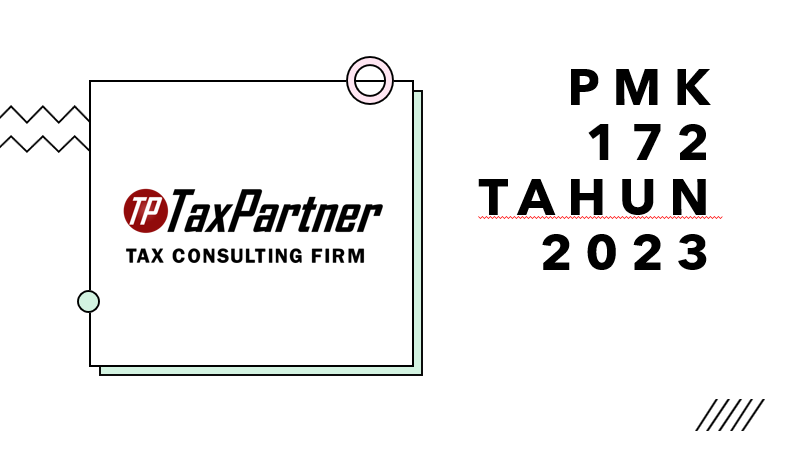Taxation and Financial Inclusion: Enhancing Access to Financial Services
Access to financial services is a key factor in promoting financial inclusion and inclusive economic development. Taxes can play a crucial role in driving accessibility and participation in financial services for the public. This article aims to explain the relationship between taxation and financial inclusion and how taxes can be utilized as tools to enhance access to financial services. To create a financially inclusive environment, it is important to understand the challenges, opportunities, and strategies related to the role of taxes in expanding financial accessibility for all segments of society.
-
Understanding Financial Inclusion This section explains the concept of financial inclusion and the importance of access to financial services for individuals and communities. It also highlights the positive impacts that can result from financial inclusion, such as poverty reduction, inequality alleviation, and increased welfare.
-
The Role of Taxation in Enhancing Financial Accessibility This article discusses the role of taxation as a tool for enhancing financial accessibility. It explains how sound tax policies can promote financial inclusion by stimulating participation in formal financial systems and reducing access barriers.
-
Challenges of Financial Inclusion Related to Taxation This section identifies the challenges associated with financial inclusion within the context of taxation. These challenges may include high levels of economic informality, lack of awareness about the benefits of formal financial services, and tax regulations that may impact financial accessibility.
-
Opportunities and Strategies for Improving Financial Inclusion through Taxation This article explores the opportunities and strategies that can be employed to enhance financial inclusion through the role of taxes. It discusses efforts that can be undertaken by governments, financial institutions, and the private sector to promote financial inclusion through appropriate tax policies.
-
Innovative Approaches and Technology in Financial Inclusion This section highlights the role of technology and innovation in enhancing financial inclusion. It explains how financial technology, such as digital financial services and blockchain technology, can expand financial accessibility for previously underserved populations.
-
Positive Impacts of Financial Inclusion and Taxation This article outlines the positive impacts of financial inclusion driven by the role of taxes. This includes increased economic growth, improved societal well-being, and reduced economic inequality.
Taxation can be an effective tool in enhancing financial inclusion and access to financial services. With sound tax policies and innovative strategies, access barriers can be overcome, enabling individuals from all segments of society to benefit from essential financial services for inclusive economic growth. In creating a financially inclusive environment, collaboration among governments, financial institutions, the private sector, and civil society is key to achieving sustainable financial inclusion goals.









